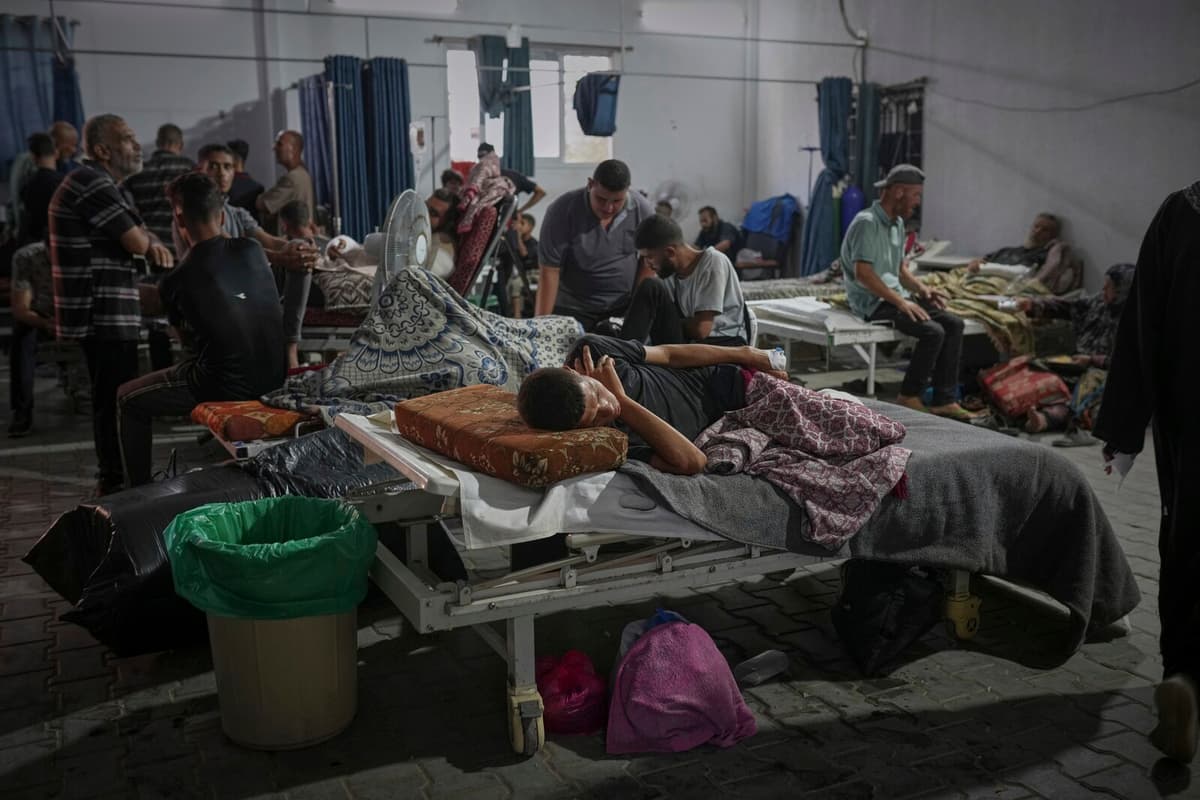Israel's blockade of Gaza means that access to medicine is severely limited, as is access to medical equipment.
In combination with tens of thousands of injured and widespread malnutrition in the midst of a 22-month-long war, it means that multiresistant bacteria lead to more severe disease progression, increased spread of infectious diseases, and more deaths, reports The Guardian with reference to the study, which has been published in the medical journal The Lancet.
"Frightful situation picture"
The results are based on over 1,300 samples from the hospital al-Ahli, which has one of the few microbiological laboratories that still works in Gaza. In two-thirds of the samples, the authors of the report found the presence of multiresistant bacteria.
This means longer and worse disease progression and a high risk of spread to others. It means an increased risk of dying from very common infections. It means more amputations. It's a frightful situation picture, says Krystel Moussally, epidemiological advisor at Doctors without Borders and co-author of other studies on multiresistant bacteria, to The Guardian.
One of the co-authors, Bilal Irfan, on the other hand, calls the study "particularly alarming" and at the same time points out that the researchers cannot create a comprehensive picture due to the fact that such a large proportion of Gaza's healthcare facilities have been destroyed and healthcare personnel killed in Israel's constant bombardment.
Collapsed waste management
Gaza has also previously experienced problems with multiresistant bacteria, but according to experts, the situation is now at a new level. Other factors that contribute to this are that waste management has collapsed and that there is virtually no possibility of getting rid of waste.
To be able to turn the situation around, the reporters point out that several measures need to be taken promptly, including securing the laboratories that remain and allowing in the medicine that is needed. According to WHO, Gaza has run out of more than half of the medicines needed.
The most important thing to prevent the spread of resistant bacteria, the authors of the report write, is, however, that Israel's offensive ceases along with "the deliberate attacks on hospitals, laboratories, and facilities for desalination of seawater".






